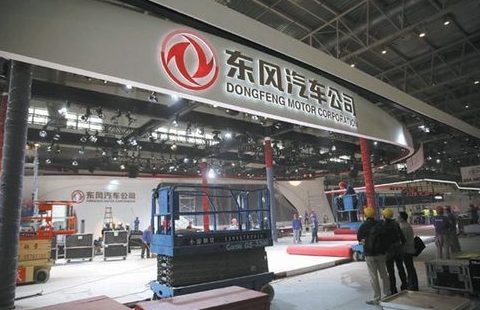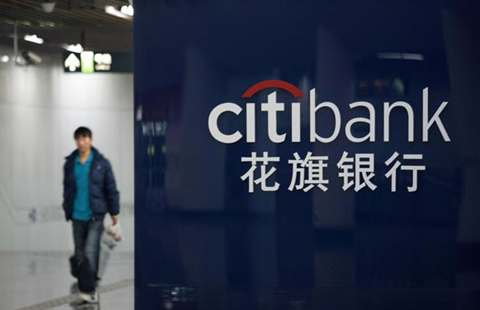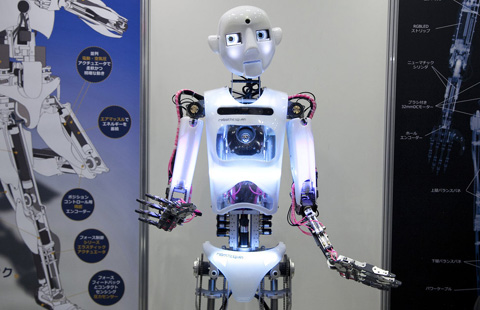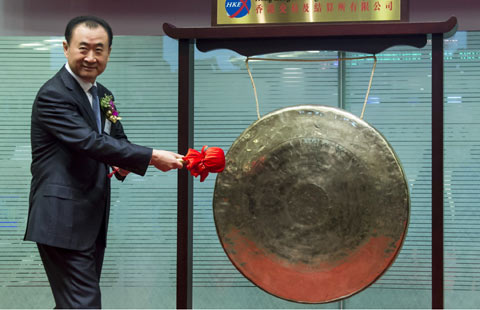Mexico's $3.8b high-speed train back on track
By Hao Yan (chinadaily.com.cn) Updated: 2015-01-06 14:54Meng Fengchao, chairman of CRCC, says many of these opportunities are coming about because of a strong willingness by developing nations to accelerate their pace of urbanization and industrialization.
Opportunities are also likely to increase, given China's ongoing promotion of the Silk Road Economic Belt and the 21st Century Maritime Silk Road.
"Even though the Silk Road initiative is still in the early stages, it could have deep economic implication for the regional trading bloc, especially as it coincides with a renewed push from international companies and commodity producers in Southeast Asia, Central Asia, Middle East and East Europe," says Meng.
CRCC, the country's largest overseas engineering contractor by revenue, whose business covers project contracting, survey design consultation, industrial manufacturing and logistics, is currently preparing bidding documents to win back a contract to build Mexico's first high-speed railway-a bidding process rearranged for next year after the country decided to withdraw the offer to the group earlier last month.
The Chinese company also signed an agreement with the Nigerian government in November for a $12 billion coastal railway line in the country, and is in discussions with India to help it build the world's second-longest high-speed railroad, with a price tag of $32.6 billion, which could become China's single largest overseas contract project till date.
Eager to expand its footprint in Europe too, Meng says the company is negotiating with UK, Polish and Russian partners on other possible collaborations on high-speed railway projects.
Unlike other Chinese rail construction companies, which focus only on engineering, procurement and construction projects, CRCC has gradually transformed its new business model so it can offer build-operate-transfer projects in cooperation with rail giants China North Locomotive and Rolling Stock Industry (Group) Corp and CSR Corp, for instance, as well as other public-private-partnership projects, particularly in developing countries.
Because railway construction projects remain capital-intensive, most developing nations, especially in Africa, Southeast Asia and South America cannot afford the huge outlays required.
But China has been able to offer them considerable lending power through two of its largest State-owned policy banks-China Development Bank and the Export-Import Bank of China.
With financial guarantees from the African governments involved, the Mombasa-Nairobi railway secured $3.6 billion in loans from the China Export-Import Bank in May, with construction work expected to start within months.
- China's makers of TVs see big picture
- ZTE touts mobile at CES
- Geely rolls off first e-car in Gansu
- Mercedes autonomous concept car unveiled at 2015 CES
- Share market sees strong new year rise
- JD denies paying $5m to ex-girlfriend
- Mexico's $3.8b high-speed train back on track
- Top 10 auto events of the year 2014

















